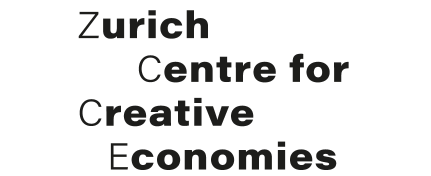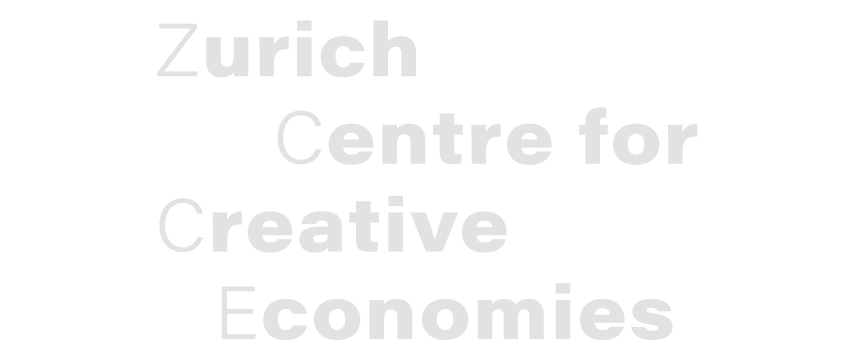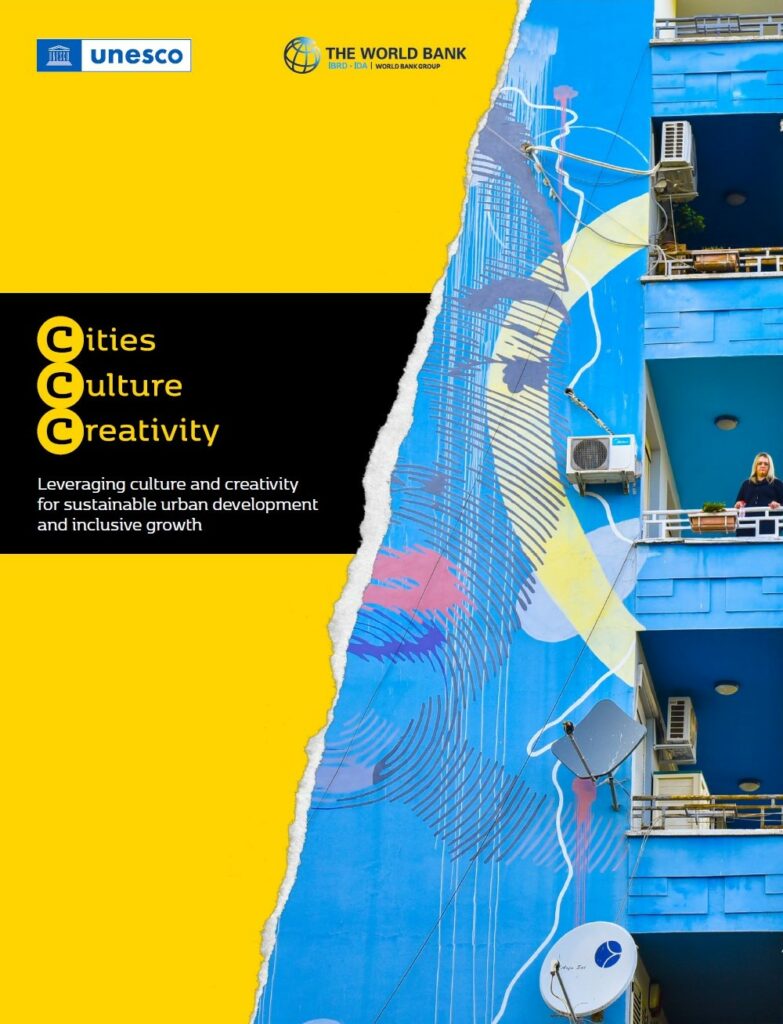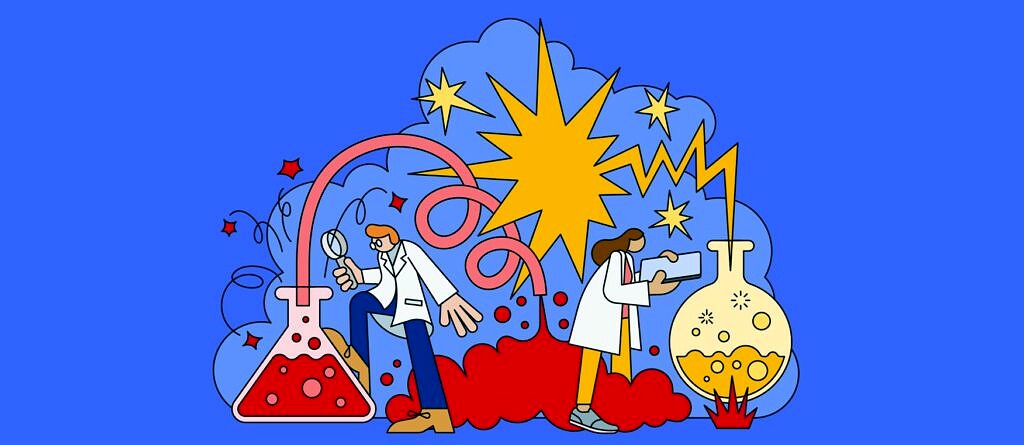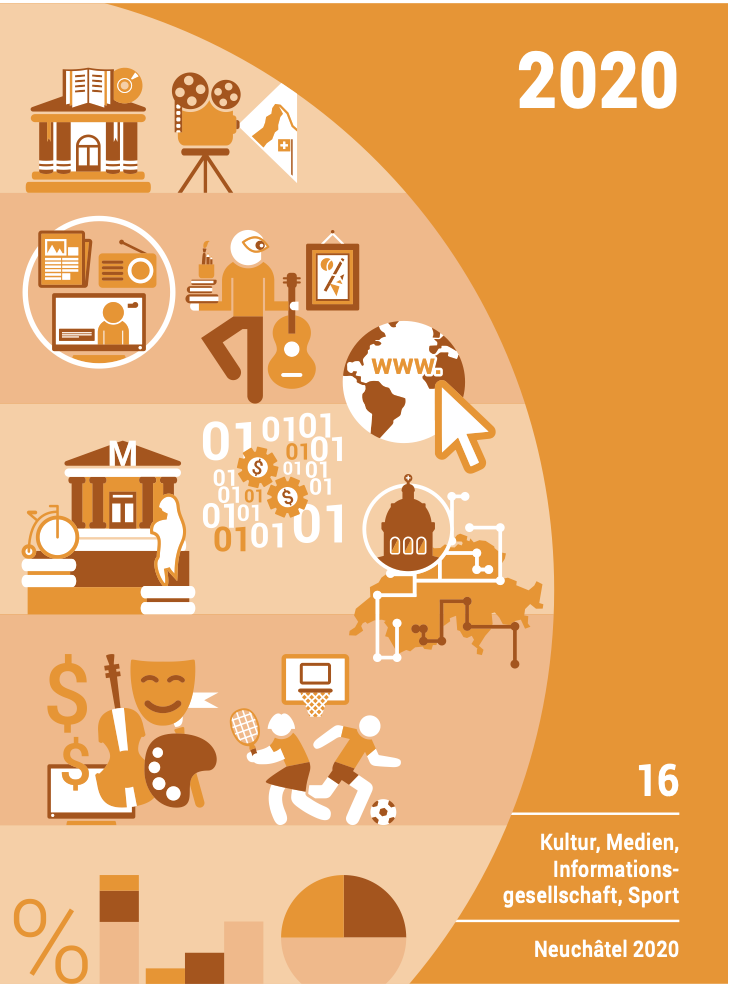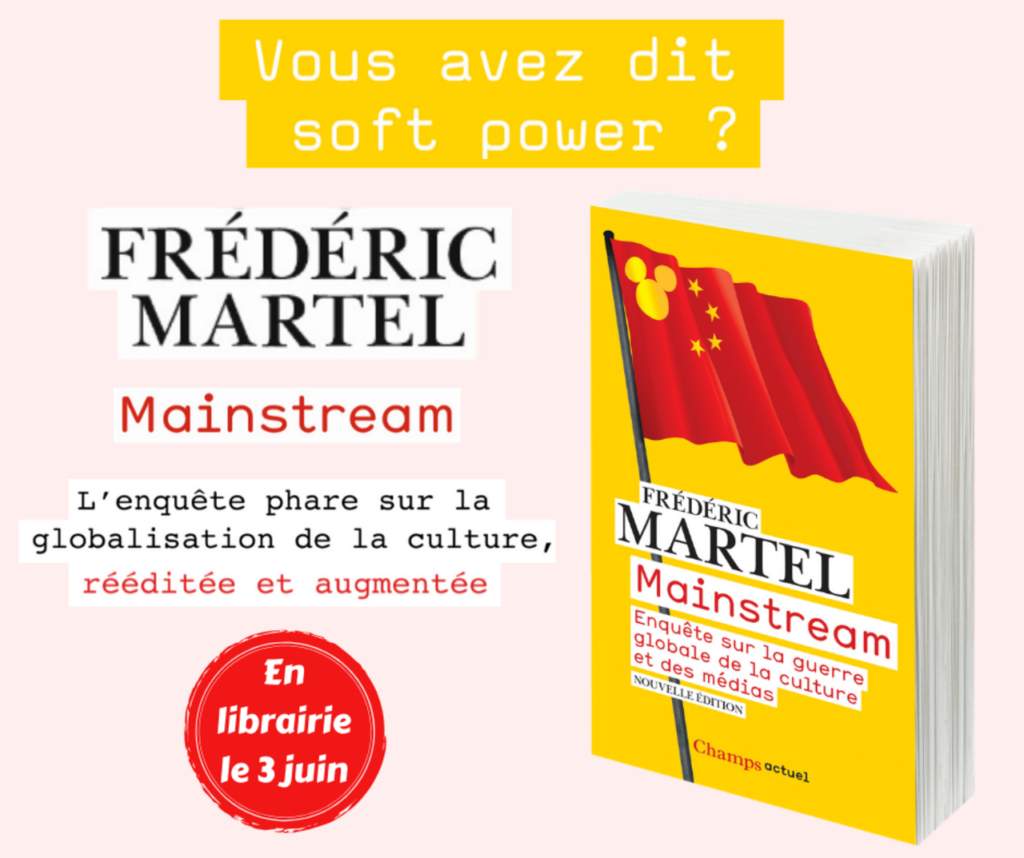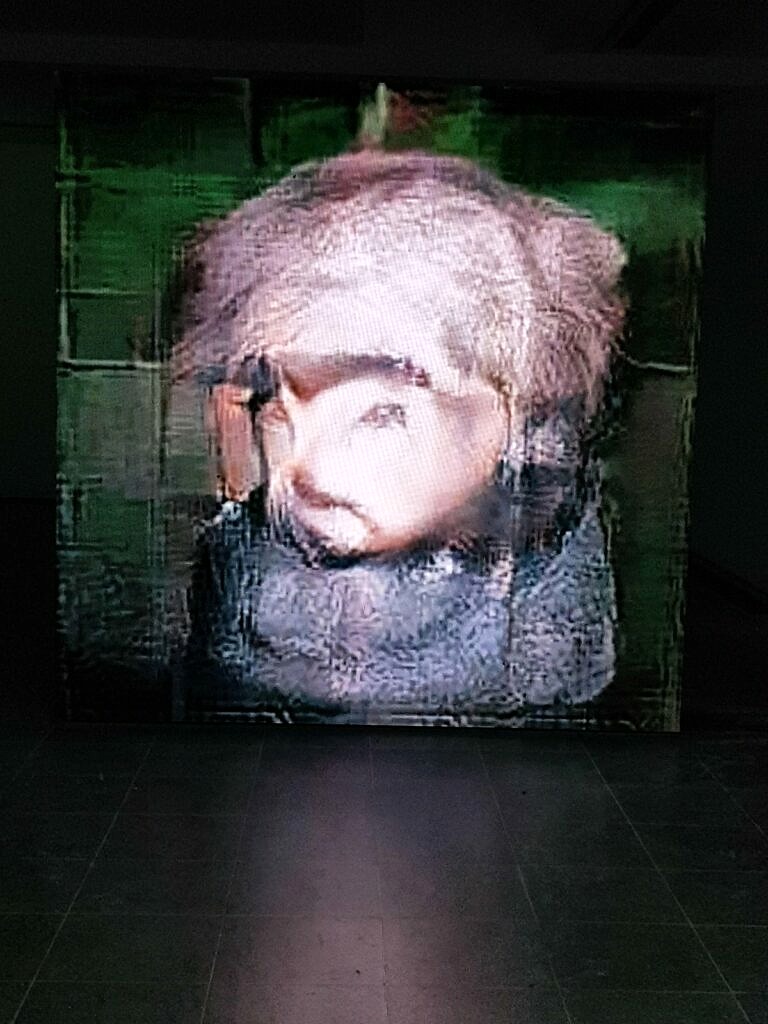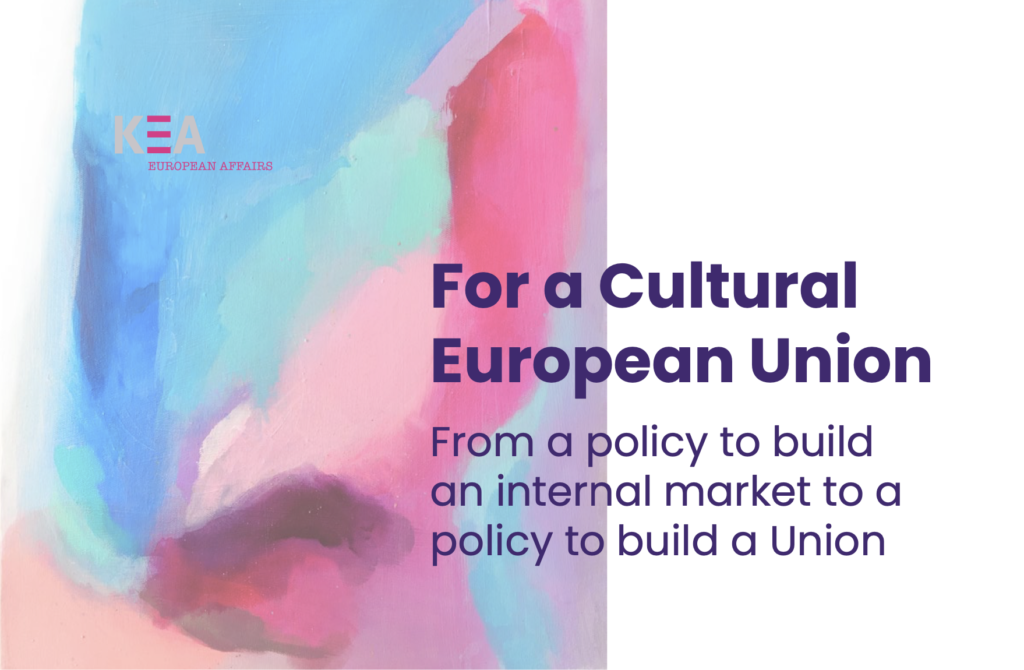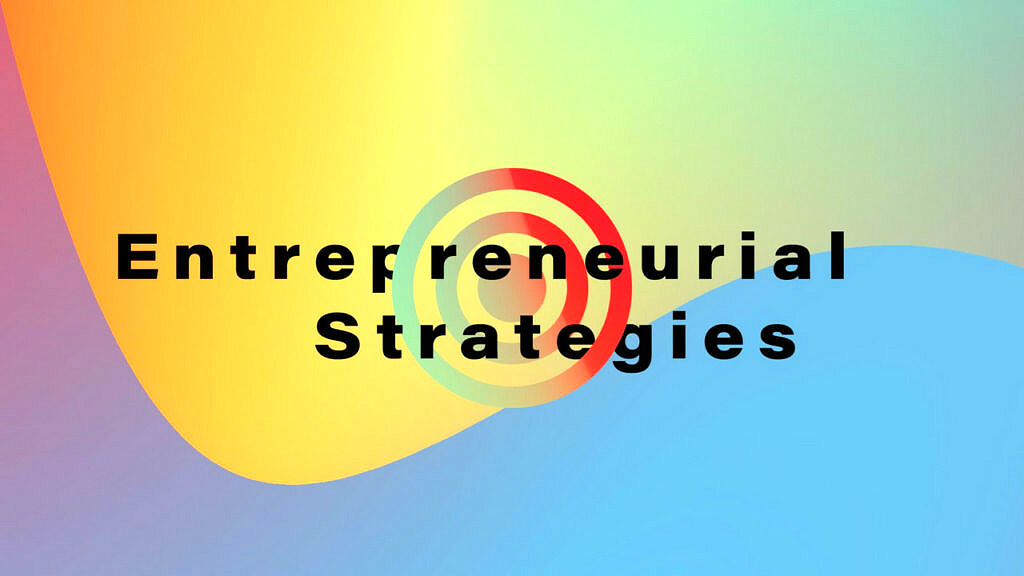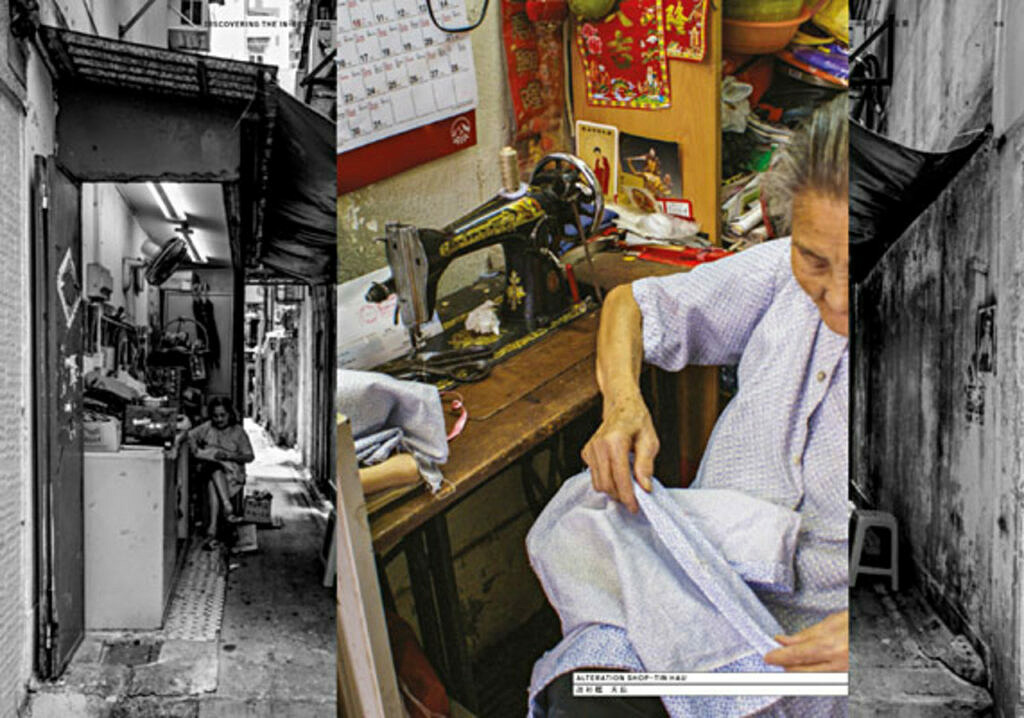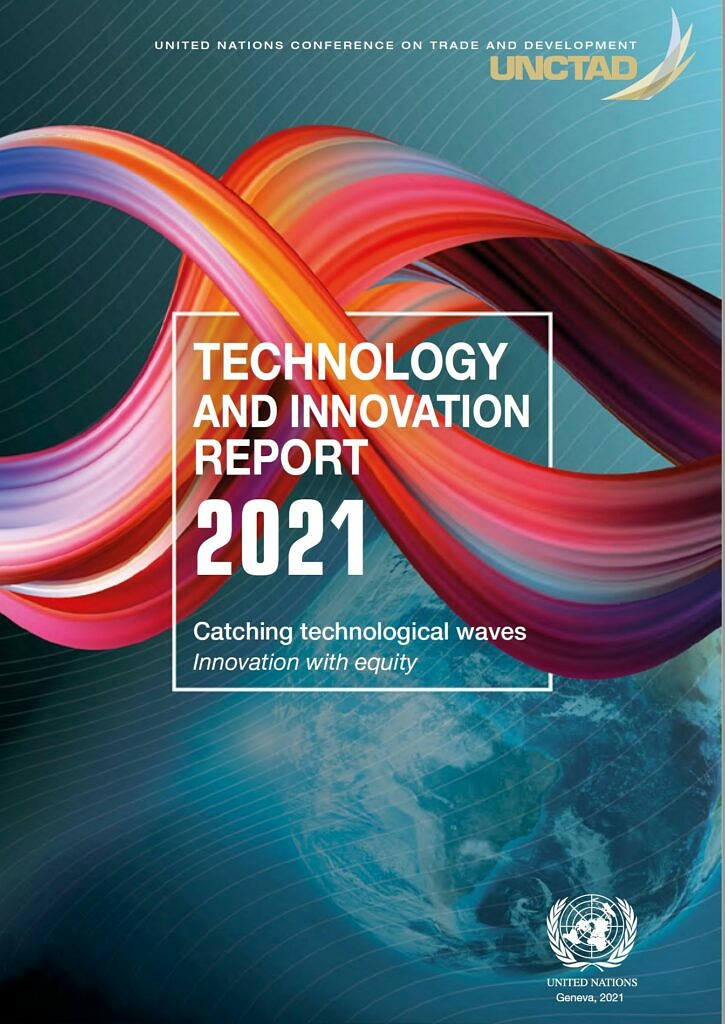
" Human development in recent decades has been accompanied by rapid changes in technology and an increasing proliferation of digitized devices and services. And the pace of change seems likely to accelerate as a result of “frontier technologies” such as artificial intelligence (AI), robotics, biotechnology, and nanotechnology. These technologies have already brought enormous benefits – dramatically highlighted in 2020 by the accelerated development…
